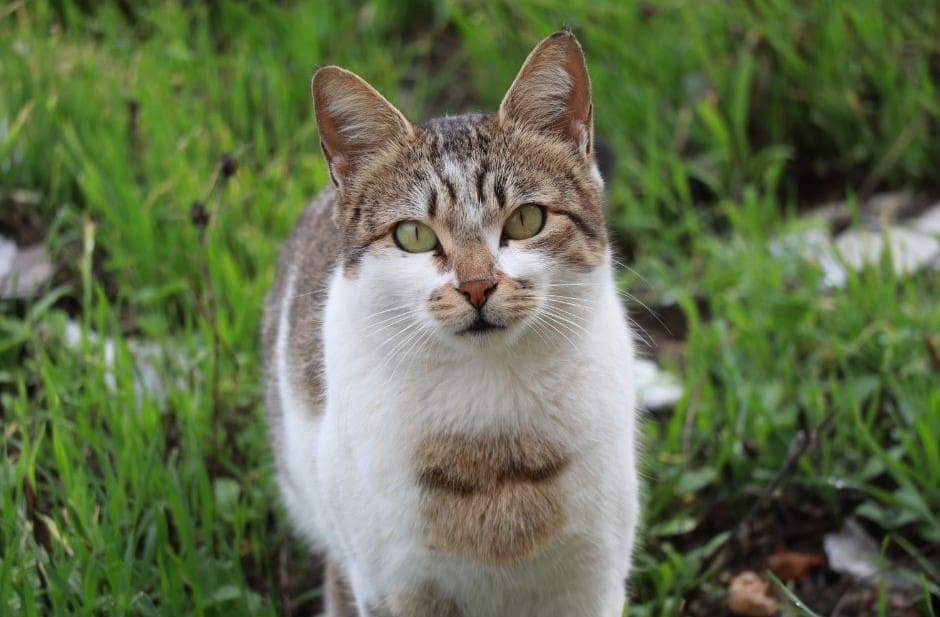The Kansas Department of Agriculture and the Kansas Department of Health and Environment are urging residents to be vigilant about the risks posed by unvaccinated animals, following two recent rabies cases in outdoor cats in Jewell and Harvey Counties. Both cases involved cats that exposed multiple humans and other animals, prompting those exposed to begin rabies post-exposure prophylaxis, which consists of five vaccinations.
Rabies, a viral disease spread through bites or scratches from infected animals, has been confirmed in six cats this year, along with several cases in wildlife. Both recent cases involved unvaccinated barn cats. Vaccinating indoor and outdoor pets is crucial to protect against potential exposure to rabid animals. Many Kansas cities and counties have specific vaccination requirements, so residents should check local regulations and consult their veterinarian.
Rabies can take weeks to months for symptoms to appear, but early treatment is effective. People are advised to educate children about being cautious around animals and to seek immediate medical attention after any animal bite or scratch.













